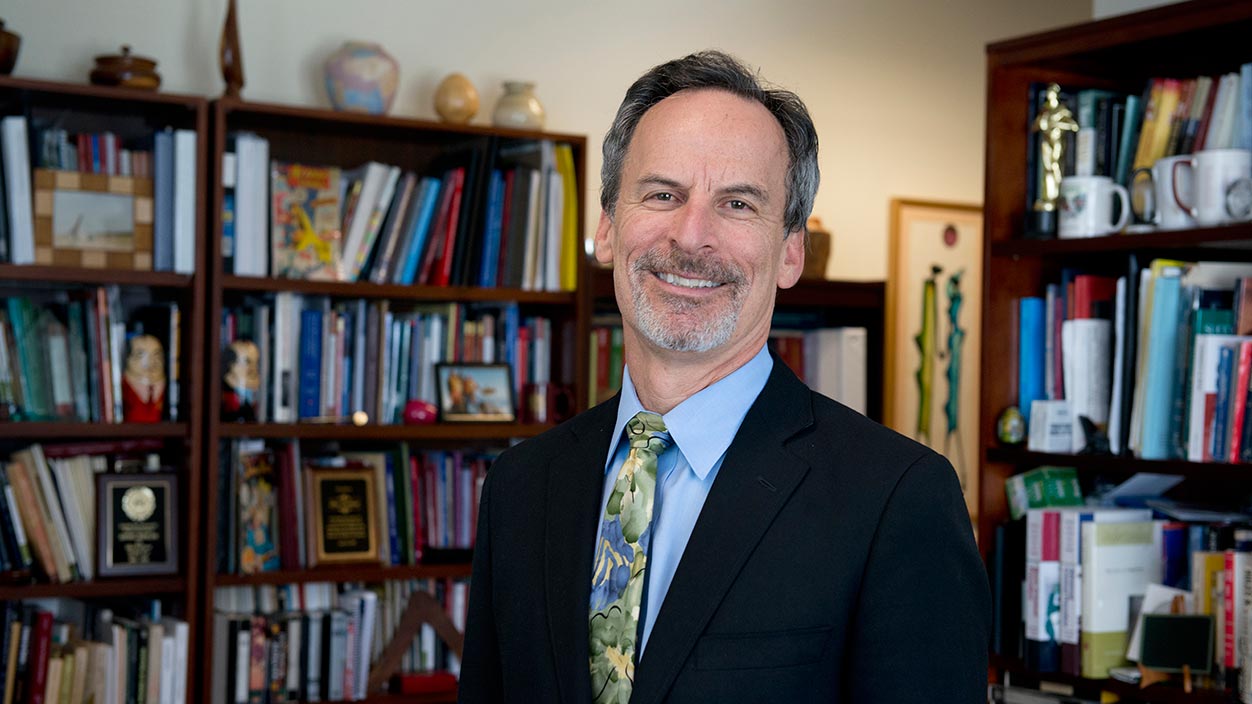Professor Steve Friedland’s presentation to the Council of Chief Judges of the State Courts of Appeal used emerging research to show how human thought processes rely on implicit biases that don’t always lead to the best judicial decision-making.
An Elon Law scholar traveled to Denver this month to share with some of the nation’s top jurists how human thought processes may influence legal decisions from the bench in unintended ways despite a judge’s best efforts at critical reasoning.
Steve Friedland, senior scholar and professor of law at Elon University School of Law, presented on Oct. 18, 2019, to attendees of the 40th annual conference of the Council of Chief Judges of the State Courts of Appeal.
His talk, “Educational Neuroscience and Judging: What Advances in Brain Science Teach Us About Reason and Advocacy,” explored some of the advances in understanding how the brain works and shows how these advances apply to judicial decision-making.
“Judging occurs in most human brains automatically, and because it’s subconscious, it’s often based on generalizations and implicit biases,” Friedland said prior to his presentation. “In other words, it’s not accurate. Our brains are very much attuned to cues in our environment.”
How can judges help prevent their own biases from influencing their decisions? Friedland said the decision-making process should be “slow, effortful, and uncertain.” “Curiosity opens the mind,” he said. “Judges ought to be curious and looking to solve problems, not ‘pass judgment.’”
The Council of Chief Judges of the State Courts of Appeal promotes “the improvement of the administration of justice, rules and methods of procedure, and the organization and operation of intermediate appellate courts” by offering chief judges forums for education and discussion.
Friedland, a former assistant U.S. attorney and assistant director at the U.S. Department of Justice’s National Advocacy Center, is a founding faculty member of Elon Law, having joined the school in 2006 when enrolling the charter class. His devotion to teaching can be seen in the awards he has won at three different law schools and his inclusion with 25 other law teachers in the 2013 Harvard University Press book “What the Best Law Teachers Do.”
Friedland holds a Juris Doctor with honors from Harvard Law School, as well as a Master of Law and Doctor of the Science of Law degrees from Columbia University Law School, where he was a Dollard Fellow in Law, Medicine and Psychiatry.



